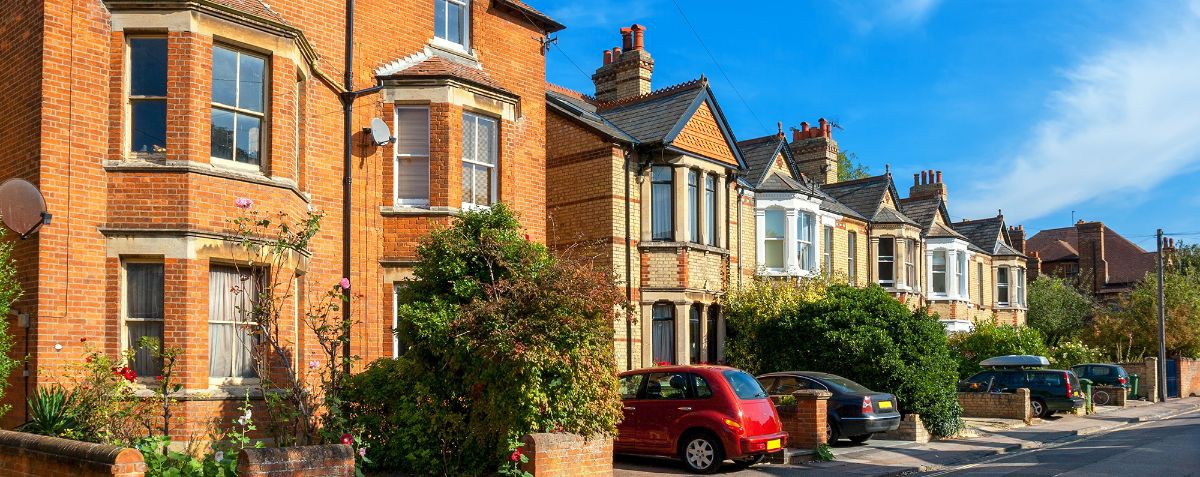
Properties where individual rooms are let, as opposed to the entire property, are becoming increasingly popular in the rental market, particularly as landlord margins continued to be squeezed by increased costs and punitive tax changes.
Where rooms are rented, rather than the whole house, they are typically referred to as ‘Houses in Multiple Occupation’. Since many rogue landlords and poor quality properties are found in the rented room market, the government and local authorities are keen to ensure that standards are raised.
As a result, the rules seem to be under constant review!
Key changes to regulations around Houses in Multiple Occupation
The national definition of an HMO was changed in October 2018. Officially an HMO is a property with three or more tenants:
- Three tenants live there – and form more than one household.
- Toilet/bathroom/kitchen facilities are shared by tenants.
A ‘large HMO’ is as the one as above, but has at least five tenants live there, forming more than one household. If your property is a large HMO, then you need a licence to legally let the property. To secure that licence, your property needs to be safely let.
The big change was that in the past, the property had to be two or more storeys, so that, for instance, lots of flats that now need a licence that, in the past, wouldn’t have.
In addition, there are now minimum room sizes for HMO properties to stop landlords cramming tenants into every nook and cranny.
With more properties now needing a licence to let rooms, the rules specific the size of the rooms classed as ‘sleeping’ needed to meet a minimum requirement:-
- Not less than 6.51 m2 for one person over 10 years
- Not less than 10.22 m2 for two persons over 10 years of age
- Not less than 4.64 m2 for one person aged under 10 years
Bear in mind this isn’t completely straightforward as the space that meets the above criteria can only be included if the ceiling height is higher than 1.5 metres.
If, however, you already had a licence before October 2018 for your HMO, these rules won’t apply until you need to renew your licence.
Does your local authority have a different set of rules and regulations?
Although there are national rules for HMOs which require a licence, there are also local rules and your local authority can apply for additional and selective licensing which may completely change the definition of what is classed as an HMO.
For example, if you let a property privately in Oxford, the council has additional licensing regulations. This means if you rent to as few as three tenants, you need a licence. In some areas, all rented properties need a licence, irrespective of how many tenants are letting the property, Selective licensing areas include Liverpool, Croydon and Durham and many other London boroughs. Not all local authorities have these additional schemes, but many are looking to introduce them during 2020 and beyond, so you have to keep up to date with any changes the Local Authority decide to make.
Top five checks to make on your Houses in Multiple Occupation
As you’ll have gathered, licensed HMOs are complicated when it comes to whether you need a licence or not. They can be even more complex because they are subject to many more health and safety rules and regulations than ordinary homes.
If you feel that you want to free up your time and stop worrying about your rental property, we’re happy to help you think about selling up and releasing your investment. Take a look at our website and think about giving us a call. We won’t charge you and a chat with our professional advisers may help to give you a different perspective on your property investment.
If you are happy to maintain your house in multiple occupation, here are the five key checks to make:-
- Do you need a licence via the national or local authority definition?
- Are the required electric and gas safety certificates up to date?
- Are the fire safety measures being adhered to, especially in shared areas, and are they free of clutter so tenants can escape in an emergency?
- Have you carried out right to rent checks on all tenants – and are you doing regular checks to make sure other people haven’t been moved in who haven’t been checked and authorised?
- Is there enough space for tenants to put out their rubbish?
Without these essential checks being made, you could be liable for tens of thousands of pounds, if not more, for breaching the letting rules and regulations.

